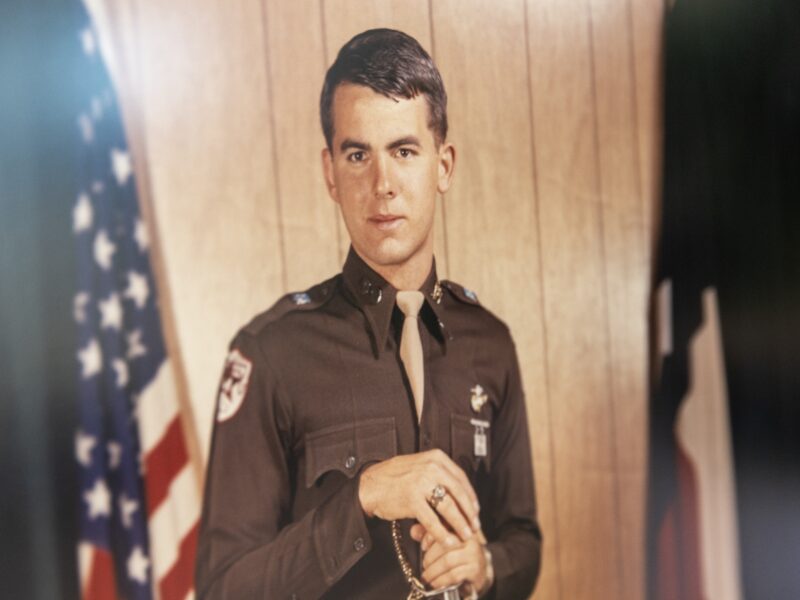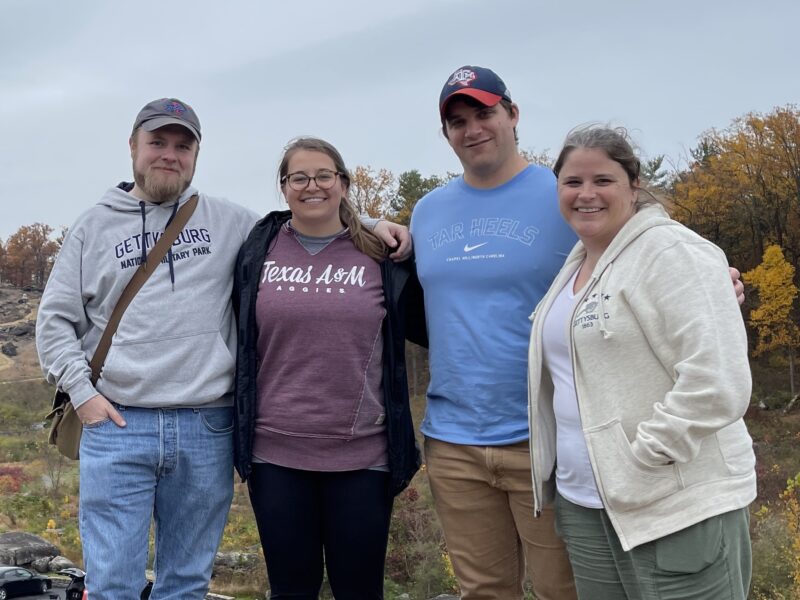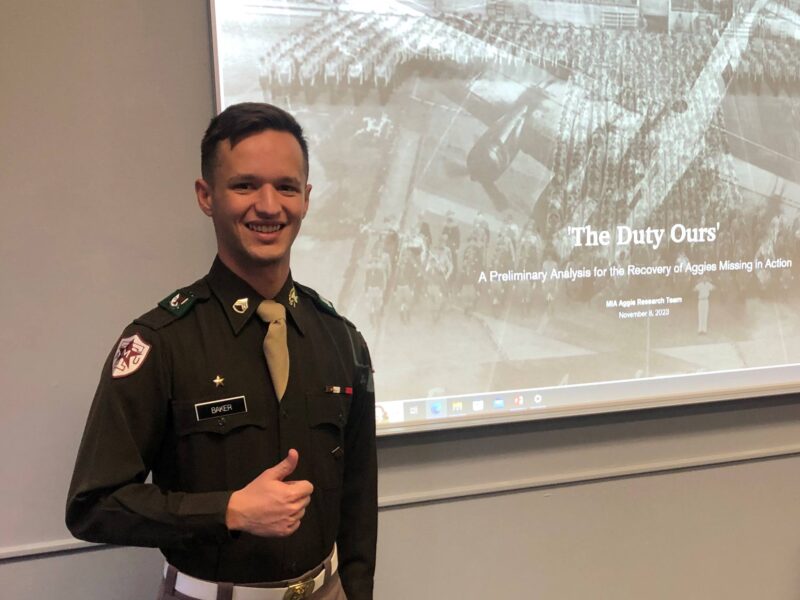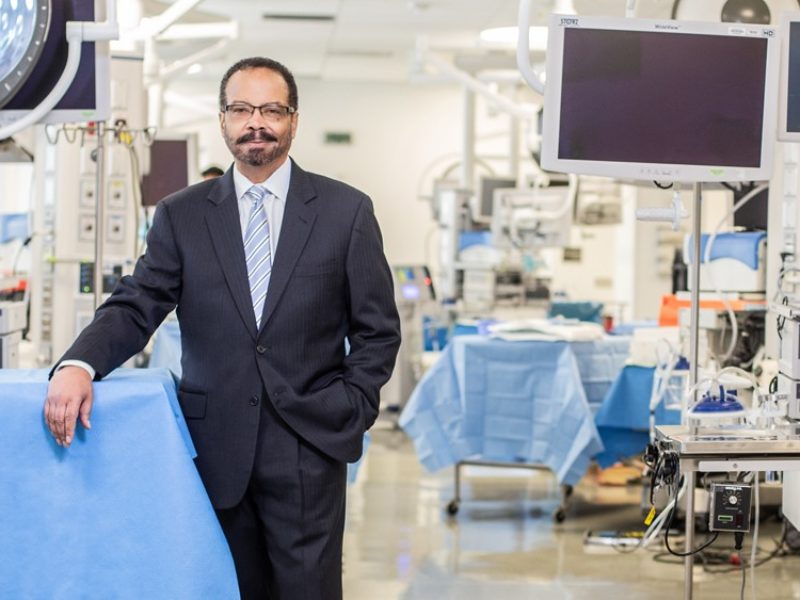Researchers Use AI And Human Data Analytics For Interview Training Of Combat Veterans

A team of researchers from Texas A&M University, University of Florida and University of Pennsylvania has been awarded a $500K grant by the Cyber-Human Systems (CHS) program in the Division of Information and Intelligent Systems (IIS) of the National Science Foundation (NSF) to conduct bio-behavioral data analytics research that leads to personalized training solutions for combat veterans who are entering the future civilian workforce.
“This project leverages artificial intelligence (AI), affective computing, and bio-behavioral human data analysis to create personalized models of a veteran’s response to complex job interviews in order to support their transition into the civilian workforce, and create new knowledge to remove implicit bias and misconceptions against combat veterans”, said Chaspari, Lead PI and Director of HUBBS Lab.
The team at Texas A&M University consists of Theodora Chaspari (assistant professor of computer science), Amir Behzadan (associate professor of construction science), and Winfred Arthur Jr. (professor of psychological and brain sciences).
Despite their strong work ethics and dedication, many combat veterans face major barriers to participating in the civilian workforce.
Although many companies want to hire veterans, a civilian-military divide still exists to the most extent in the job market. “There is a lack of systematic studies on how veterans can be effectively integrated into the civilian workplace. This creates a unique set of challenges that need to be addressed when designing intelligent training systems for preparing veterans for job interviews,” said Arthur, Texas A&M co-PI.
The research team will work with Texas A&M Veteran Resource and Support Center (VRSC) to recruit and work with student veterans in a series of user studies that will help them quantify measures of moment-to-moment stress based on vocalizations, visual expressions, and physiological reactivity.
“We are very excited to work with the VRSC, as well as our industry partners, Autodesk, Booz Allen Hamilton, Bechtel, and Northrop Gruman for subject recruitment and data collection experiments. These experiments will help us create a personalized training system that can assist veterans in effectively engaging with the interviewer and coping with stress during the interview,” said Behzadan, Texas A&M co-PI and director of CIBER Lab.
The team hopes to increase the visibility of veteran-related research and educational activities, and contribute to the success of student veterans, particularly given the large enrollment number of student veterans at Texas A&M.
Media contact: Ashley Drake, adrake@tamu.edu





